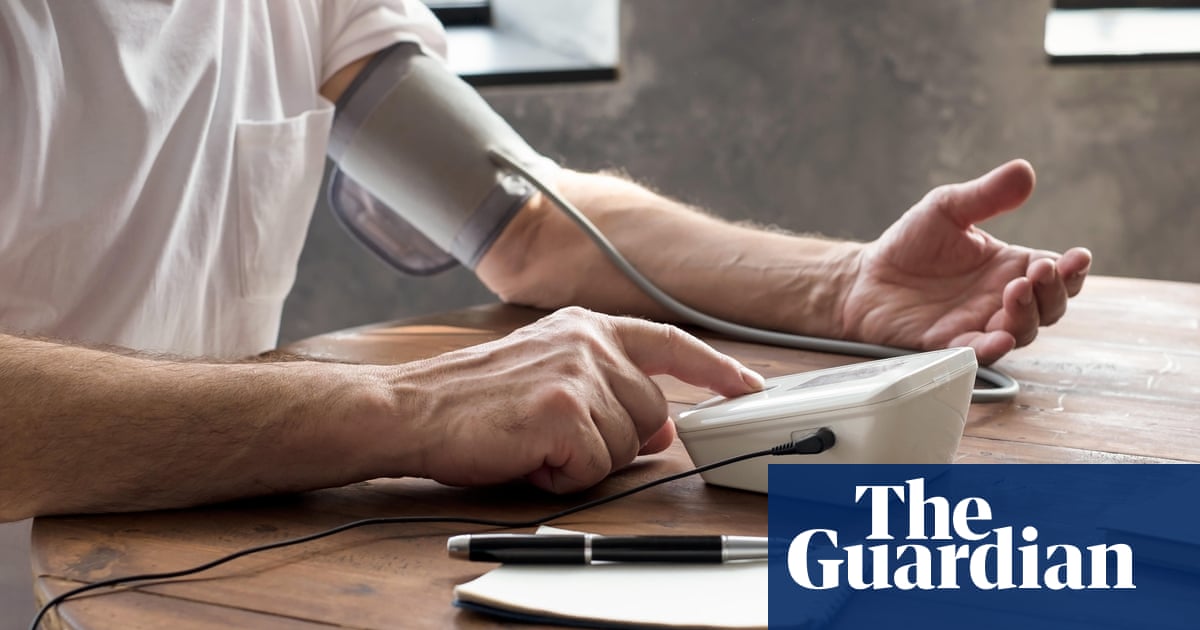It is unclear whether mistakes and delays in the treatment of a student who died from sepsis at a hospital where his mother was a consultant contributed to his death, a coroner has ruled.
The death of William Hewes, 22, on 21 January 2023 also raises similar issues to the death of 13-year-old Martha Mills in 2021, the coroner, Mary Hassell, said. Martha’s death led to the adoption of Martha’s rule which gives families the right to a second opinion on medical treatment.
Hewes, who was studying politics and history at Leeds University, died of meningococcal septicemia at Homerton hospital where his mother, Dr Deborah Burns, was a consultant paediatrician.
Burns told the inquest she has been unable to work at the hospital since her son’s death over a sense of “betrayal” towards colleagues who ignored her warnings about his treatment.
Hewes, who was a “fit and healthy” 6ft 6in Arsenal fan who loved to cook and sing, began feeling ill while trying to write a university essay on 20 January. When his condition worsened his mother took him to Homerton’s A&E just after midnight and told colleagues she suspected he had meningococcal sepsis.
Burns repeatedly asked medics to administer lifesaving antibiotics in the vital first hour of his treatment.
But antibiotics were not given until 1.25am due to a misunderstanding between a doctor and nurses, the inquest at Bow coroner’s court heard. There was also a delay of about 90 minutes in transferring Hewes from the resuscitation area of A&E to the intensive care unit amid a disagreement between medics about escalating his care.
The hospital admitted that these mistakes were “suboptimal”. Hassell said Hewes was not treated “with the urgency he should have been” but added: “It is unclear whether, if he had been administered all appropriate treatment promptly, his life would have been saved.”
“I am not convinced, even on the balance of probabilities, that the state of medical knowledge is such that we know the answer the question of whether William would have survived had he received earlier treatment. My conclusion is that I simply do not know whether earlier treatment would have saved William.”
She said she would issue a prevention of future deaths report to Homerton hospital on the basis that the work it has done since Hewes’s death should be shared nationally.
Hassell was also the coroner at the inquest into the death of Martha who also died of sepsis after delays at a different London hospital. Martha’s mother, Merope, an editor at the Guardian, said doctors ignored her and her husband’s requests to escalate their daughter’s care. Her death led to the adoption in some hospitals, including Homerton, of Martha’s rule which gives patients and their families the right to request an urgent review of hospital treatment.
At the end of the inquest Hassell highlighted the similarities of the cases including the fact that “a great deal of the investigation has been driven by the family”.
The inquests into both deaths heard how parents’ concerns were ignored. There were also communication problems between doctors in intensive care and elsewhere in both hospitals that led to delays in the escalation of treatment.
Hassell concluded in March 2022 that delays in Martha’s treatment contributed to her death.
Burns said: “On the night I took William to hospital I knew he needed antibiotics as soon as possible but I witnessed a delay. In all, I raised the alarm eight times. They were then given but late, and outside the time recommended by the hospital’s and the national guideline.”
Burns said Homerton hospital closed the investigation into her son’s death without telling her. When she found out she began investigating herself. She said: “This analysis was the most distressing thing I have ever had to do. It uncovered more causes for concern about his care.
“My pursuit of the truth is not about blame. It has always been driven by concerns about the standard of care I witnessed in my own emergency department. I cannot believe that my hospital, which I know is proud of its standard of care, has not seen me as a resource to help improve its service.”

 3 weeks ago
22
3 weeks ago
22













































